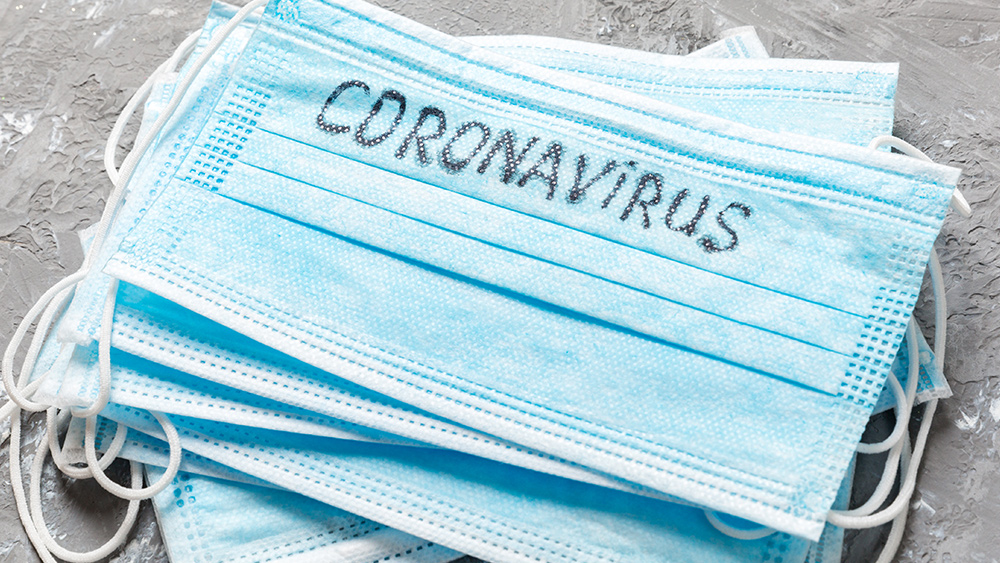
Advertisement
Recent reports have indicated that American households are in dire straits, financially speaking. After eight years of little economic growth under former President Barack Obama’s job-killing, regulatory-heavy policies, Americans are hurting.
Here is just some of the data. As reported at Collapse.news, Americans’ household credit card debt has surpassed $1 trillion, the highest it has been since 2008 (the year Obama was elected).
“Credit card debt is rising quickly, but delinquencies are still really low. Many Americans are doing a good job of controlling their debts, but eventually with big debts and rising interest rates, it’s likely that something will have to give. I expect delinquencies to start rising more quickly in 2017,” said Matt Schulz, a senior industry analyst at CreditCards.com.
In September, The Motley Fool reported that most Americans have less than $1,000 in savings; that is, nearly 7 in 10. The report noted that in July of last year, the St. Louis Federal Reserve – which tracks personal household savings rates – said it was just 5.7 percent that month, or half of what it was 50 years ago.
In January, CNN/Money reported an even worst statistic: Nearly six in 10 Americans did not have the money saved to cover a $500 emergency expenditure.
And what are some of those emergency expenses that you could be hit with at almost any moment? While you figure out how to find a way to start saving more money to protect yourself from personal financial ruin, consider these potential scenarios that could wipe you out (H/T More Than Just Surviving):

- Loss of employment: President Donald J. Trump has promised to bring back millions of jobs lost to other countries over the course of the past 30 years, but he’s just getting started in office and has plenty of resistance in Washington, D.C. to his pro-growth agenda. In the meantime, millions face an increased risk of losing their jobs. What would you do? How would you live? Government unemployment benefits are often barely enough, if at all, to get you by. Even if you live in a two-paycheck household, most people live according to their means; one of you losing your job would be just as devastating. (RELATED: 10 Good Reasons To Prep Even If SHTF Never Happens.)
- Major healthcare hit: Obamacare is still the law of the land and will be for the foreseeable future, which means we’re all stuck (for now) with lousy health insurance coverage that costs a lot and has high deductibles that far exceed our average household savings rates. One major health problem – a medical emergency or an accident – can essentially break households for years to come.
- Emergency pet care: Many people consider their pets part of the family. But like humans, pets also can get injured or become ill, incurring major vet expenses. “Assume if you have a pet,” More Than Just Surviving notes, “he or she will be sick at least once in his/her life.” Save for it.
- Fixing the house: Let’s face it, one of our greatest financial assets is also one of our biggest monthly and yearly expenses, our home. Not everyone can afford to live in a new house, and while we all aspire to do just that, most have to make do with an older dwelling. Roofs need to be replaced if damaged or old; water heaters fail; appliances break down; flooring and carpeting wear out; walls need painting; windows need fixing; busted pipes and flooding happen. These all cost big money and unless you’re a do-it-yourself home repair ace, these expenses can be economically devastating.
- Fixing the car: Like most live in older homes, most Americans also drive older cars that are out of warranty. While you might be able to put off some home repairs until you have the funds to pay for them, you can’t put off fixing the car because it is very likely your only way to get to work (so you can earn a living). Even folks who keep up with automobile maintenance experience car problems, and because they are so complex today, it takes specialized (and expensive) equipment and trained personnel to fix them. Lose your car, you might just lose your job, too (see No. 1 above). Double financial whammy. (RELATED: Master These 7 Basic Skills Before SHTF… Or You’ll Wind Up Begging The Government For Basic Supplies.)
- Emergency trip: We don’t like to think about it but bad things happen to good people, and when they do, you will need to be there for them. That’s especially true in a family emergency, when something happens to a parent, sibling or child. Emergency traveling expenses can be very high, depending on how far you have to travel.
- The taxman cometh: More and more Americans are becoming “W-9” contract employees, and that means you have to track and pay your own taxes every quarter. Underestimate (and under-pay) those taxes and you’re going to be stuck with a big bill next April.
Next, we’ll discuss ways to mitigate these major unexpected financial emergencies through savings methods that are relatively easy to do and won’t leave you living in a box and eating bologna everyday.
J.D. Heyes is a senior writer for NaturalNews.com and NewsTarget.com, as well as editor of The National Sentinel.
Sources:
Submit a correction >>
This article may contain statements that reflect the opinion of the author
Advertisement
Advertisements















